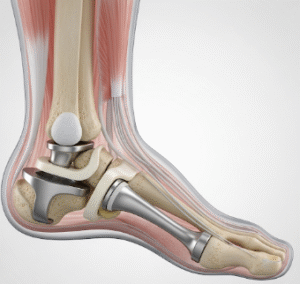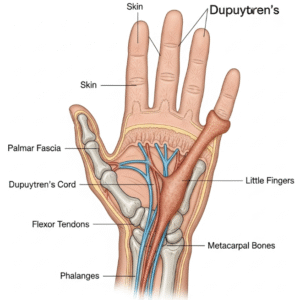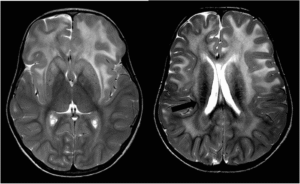Overview
Wallenberg Syndrome, also known as lateral medullary syndrome, is a neurological condition caused by a stroke in the lateral part of the medulla oblongata in the brainstem. It leads to a variety of sensory and motor impairments on one side of the body and face. The condition is often sudden and requires immediate medical attention to manage symptoms and prevent further complications.
What is Wallenberg Syndrome?
Wallenberg Syndrome is a rare type of brainstem stroke, typically resulting from an obstruction in the posterior inferior cerebellar artery (PICA) or the vertebral artery. The stroke affects nerve pathways responsible for balance, coordination, swallowing, and sensation. The syndrome is named after Adolf Wallenberg, a German neurologist who first described the condition in the early 20th century.
Symptoms
Symptoms of Wallenberg Syndrome can vary depending on the extent of brainstem involvement, but common signs include:
- Difficulty swallowing (dysphagia)
- Hoarseness or voice changes
- Dizziness or vertigo
- Nausea and vomiting
- Loss of pain and temperature sensation on one side of the face and the opposite side of the body
- Loss of balance or coordination (ataxia)
- Drooping eyelid (ptosis) and small pupil (miosis) on one side of the face (Horner’s syndrome)
- Hiccups or abnormal eye movements (nystagmus)
Causes
The primary cause of Wallenberg Syndrome is a blockage or occlusion in the arteries supplying the medulla, most commonly:
- Posterior inferior cerebellar artery (PICA)
- Vertebral artery
The blockage is usually due to:
- Atherosclerosis (hardening of the arteries)
- Blood clots (thrombi or emboli)
- Vertebral artery dissection (especially in younger patients)
Risk Factors
Risk factors for Wallenberg Syndrome are similar to those for other types of strokes and include:
- Hypertension (high blood pressure)
- Smoking
- High cholesterol levels
- Diabetes mellitus
- Atrial fibrillation or other heart conditions
- History of vascular disease or prior strokes
- Neck trauma (linked with artery dissection)
Complications
Complications from Wallenberg Syndrome may include:
- Chronic difficulty swallowing, which can lead to aspiration pneumonia
- Persistent vertigo and balance issues
- Speech and communication difficulties
- Risk of recurrent stroke
- Long-term neurological deficits requiring rehabilitation
- Emotional and psychological distress due to lifestyle limitations
Prevention
Preventing Wallenberg Syndrome focuses on reducing stroke risk through lifestyle and medical management:
- Maintaining a healthy blood pressure
- Controlling blood sugar and cholesterol
- Quitting smoking
- Regular physical activity
- Antiplatelet or anticoagulant therapy if indicated
- Managing heart rhythm disorders like atrial fibrillation
- Prompt treatment of vascular injuries such as arterial dissection
Treatment Options in Korea
South Korea offers state-of-the-art treatment and rehabilitation for stroke patients, including those with Wallenberg Syndrome. Key treatment options include:
- Acute stroke management with thrombolytic therapy if diagnosed early
- Imaging and diagnostics such as MRI and CT angiography at advanced hospitals like Seoul National University Hospital or Samsung Medical Center
- Speech and swallowing therapy for dysphagia
- Physical and occupational therapy to regain coordination and balance
- Medication management including antiplatelet drugs, anticoagulants, and cholesterol-lowering agents
- Multidisciplinary rehabilitation programs for long-term recovery
- Psychological counseling and support groups to aid mental health
With Korea’s highly integrated healthcare infrastructure, patients with Wallenberg Syndrome receive individualized treatment plans and high standards of neurological care.













